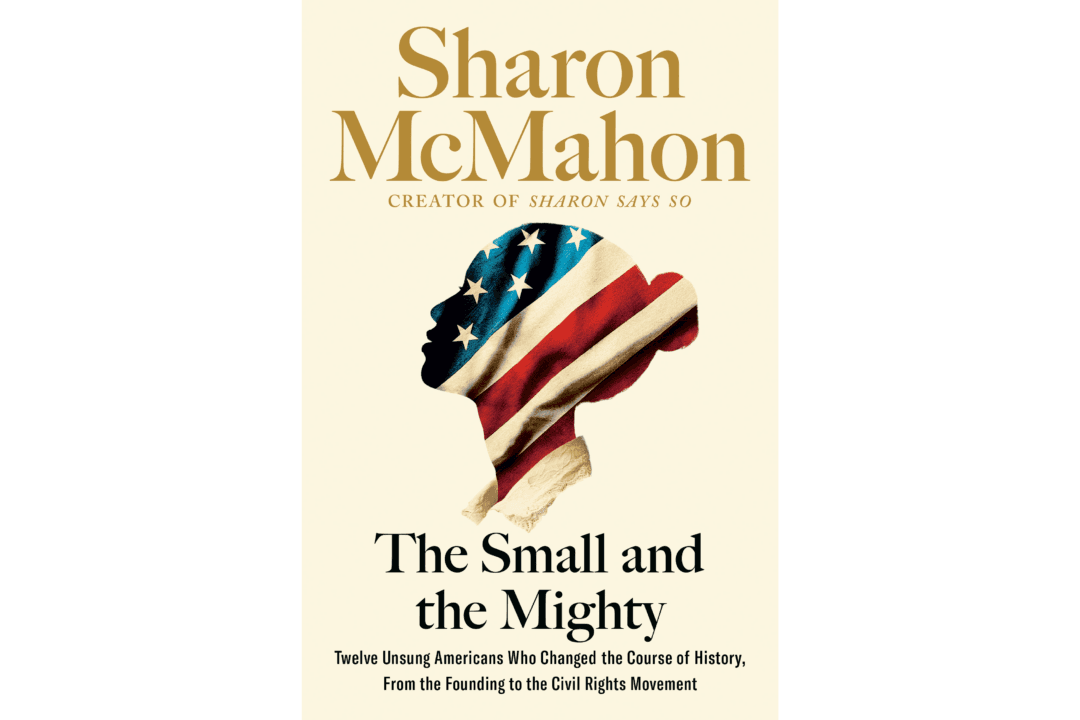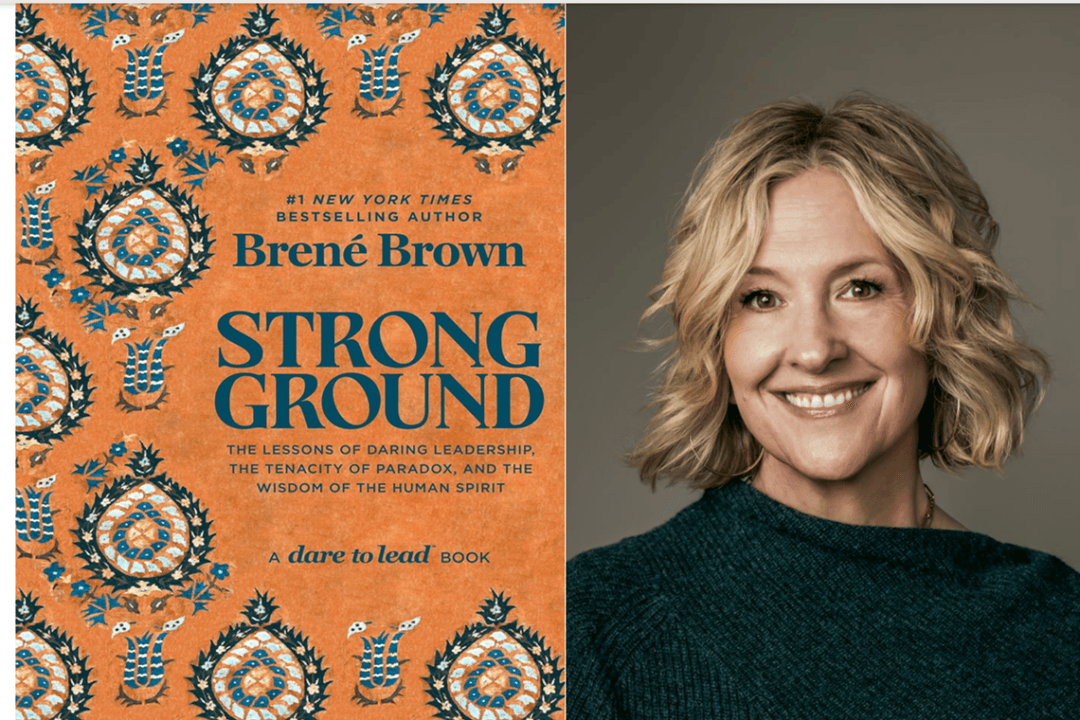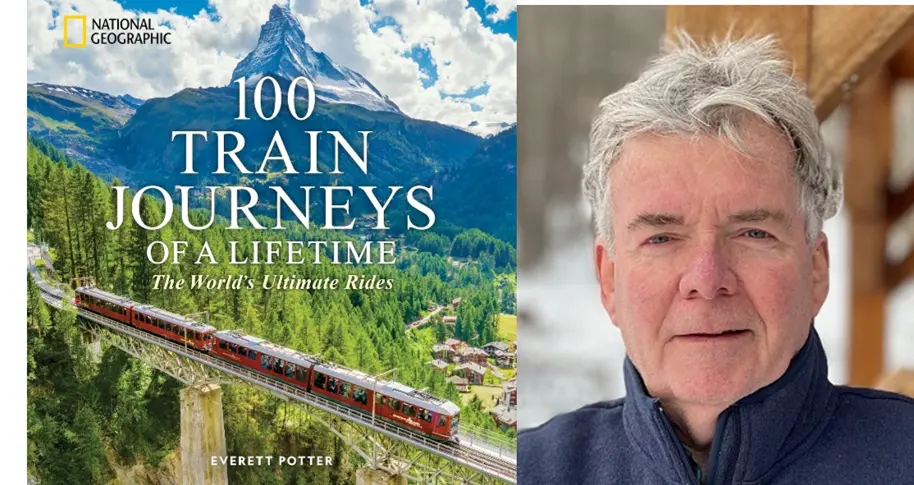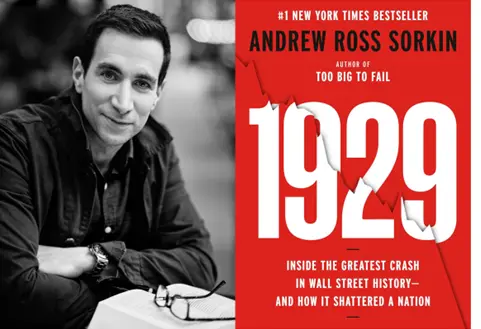Twelve-year-old Sharon McMahon was delivering newspapers in the early morning hours in her northern Minnesota neighborhood when she received the inspiration for her life’s work and, ultimately, this book. Beyond the trees, she saw the dancing pinks and purples of the northern lights, the fleeting colorful show of the auroras.
In her new release, “The Small and the Mighty: Twelve Unsung Americans Who Changed the Course of History, From the Founding to the Civil Rights Movement,” she returns to that memory to bring attention to the auroras of history, men and women whose contributions to America are eclipsed by the widely known icons of our nation’s past, the ones who drew the most attention and became regulars in history books.





